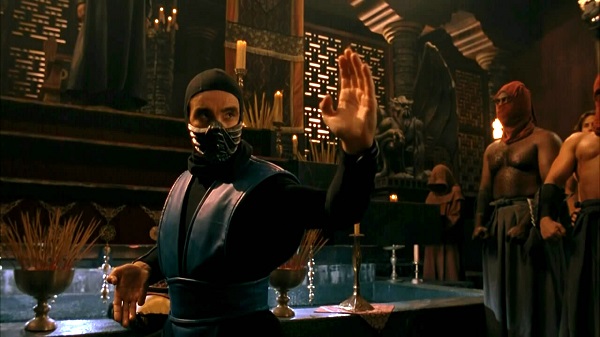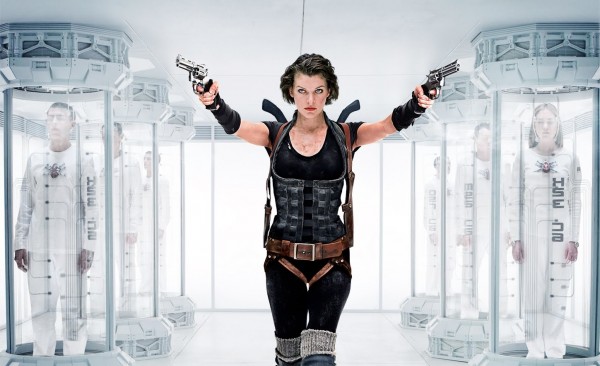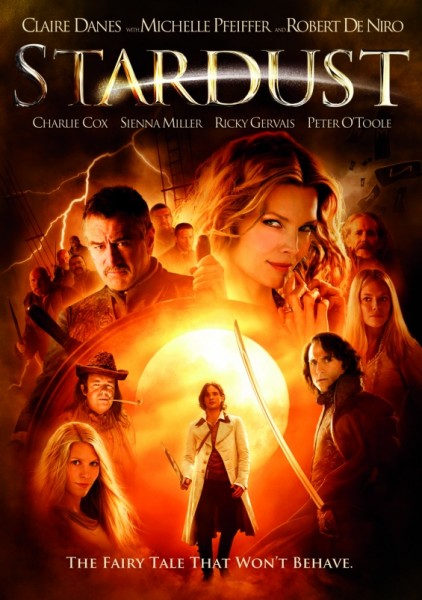
Hollywood appears to have latched on to the idea of movies adapted from video games once again. Need For Speed, Assassin’s Creed, Halo, Minecraft, and The Last of Us are all in some stage of production. One would be tempted to assume that this will bring a renaissance of video game movies; the same way that The Dark Knight and Iron Man gave us an era of amazing superhero movies.
Adapting a video game into a movie is not always a bad idea. However, there is always something lost in translation. The best of these motion pictures only scale the heights of mediocrity; the worst should be classified as crimes against humanity. It then becomes a question of what needs to be done to get it right?
The basic idea is that whoever is adapting the material should at least be familiar with the source material. When it comes to games, it would help if both the director and producer have at least played the game. It is not much to ask, but the people making the decisions are rarely gamers who have experience playing the games.
Adapting a video game into a movie is not always a bad idea.
Max Payne, Double Dragon, and Resident Evil all suffer from deviating too far from the canon. It is worse in the case of the Resident Evil movies as the protagonist doesn’t even exist in the games; yet they still decided to make multiple RE movies.
 Although some would forgive the decision due to the inclusion of Milla Jovovich.
Although some would forgive the decision due to the inclusion of Milla Jovovich.
Simply being aware of what the games are about and the names of the main characters is not always enough. Film makers should resist altering details, which often results in unrecognisable characters. Street Fighter changed Chun Li into a reporter with E. Honda as her cameraman. Amazingly, this is still not the worst thing that has happened to those characters.
These two requirements could be easily met by involving the developers of the game in the production of the movie. It sounds like a mismatch of talent, if only due to the differences in storytelling methods, but nobody knows the source material like the people who worked on the game.
Telling a story through a videogame is very different from a movie.
Admittedly, not all changes are bad. Matthew Vaughn managed to turn the subtle humour and extremely British Stardust into a blockbuster movie. Although he did this by staying faithful to the idea of what the story is meant to be, i.e. a modern day fairy tale.

Ideally, the movies do not have to be exact copies of the games. An adaptation that carries the same spirit would be more than enough. Mortal Kombat managed to pull this off by embracing the core of the games. It didn’t try to be more than it needed to be. Fans of the game received precisely what they wanted: a ridiculously violent martial arts tournament where the winner determines the fate of the universe. Although, critics still hated the movie.
The recent DOA: Dead or Alive movie attempted the same formula, but instead had a laughable plot involving a Google Glass prototype. A plot that it tried to hide behind attractive female leads. The only thing it lacked was a beach volleyball scene. All this acknowledged, DOA did cross the line into the so-bad-it’s-good territory.
There is also the need to acknowledge that telling a story through a videogame is very different from a movie. Games have the added benefit of providing an environment that can be interacted with. Removing these from the experience can seriously hamper the end result, especially for games that rely heavily on mechanics to immerse players.
We have suffered bad video game movies for too long.
For instance, Need For Speed is all about racing fast cars. The entire reason the franchise is popular is because it allows players to drive a variety of expensive cars while breaking speed limits. Gran Turismo offers the same appeal. A Need For Speed movie would be people watching expensive cars breaking traffic laws. Which would make it The Fast & The Furious without Vin Diesel or the Rock.
Similarly, the Minecraft movie would have to remove the crafting aspect of the game. Which would leave us with a protagonist named Steve, and nothing else.

Essentially, there is no point in trying to adapt a video game if the core elements that make that game popular are hidden within the mechanics of how the game works. Warcraft has potential because there is an established world to set the narrative in; and it has already spawned a series of novels. The Last of Us can also succeed because the draw of the game happens to be excellent writing and characterisation. Provided that the writers choose to retain the drama within the story, and not turn it into an action movie.
What we have here is the opportunity for studios to fix everything wrong with these kinds of movies. Not all games have the elements to become a movie, and fewer still have a story that will have mass appeal. Involving the people responsible for the game can tip the odds in the favour of the movie. Not for success, but for at least establishing mediocrity. We have suffered bad video game movies for too long, and maybe we can set some lower expectations for the coming batch.
Finally, for the good of all mankind, stop Ewe Boll from making movies.

